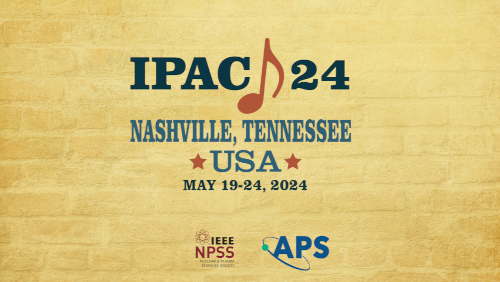Speaker
Description
Advances in high-performance computing have enabled detailed physics simulations, including those with nonlinear collective effects such as space charge, to be deployed online in a control room setting to aid operator intuition and be used directly in automatic tuning. Simultaneously, machine learning (ML) has enabled deployment of detailed models online with sub-second execution time, opened up new avenues for adapting simulation models to more closely match real accelerator behavior, and enabled novel ways to combine detailed physics simulations and ML-based tuning. This contribution will provide an overview of how these tools are being developed and successfully applied at SLAC, with an emphasis on experimental demonstrations. This includes improvements in adaptive calibration methods, novel approaches to simulation (e.g. differentiable physics combined with ML), and the use of system models in ML-based tuning (e.g. Bayesian optimization with system model priors, iterative simulation and ML tuning to aid LCLS-II injector commissioning). Discussion of the software infrastructure required to achieve this and deploy these solutions into regular operation will also be discussed.
| Region represented | North America |
|---|---|
| Paper preparation format | LaTeX |

